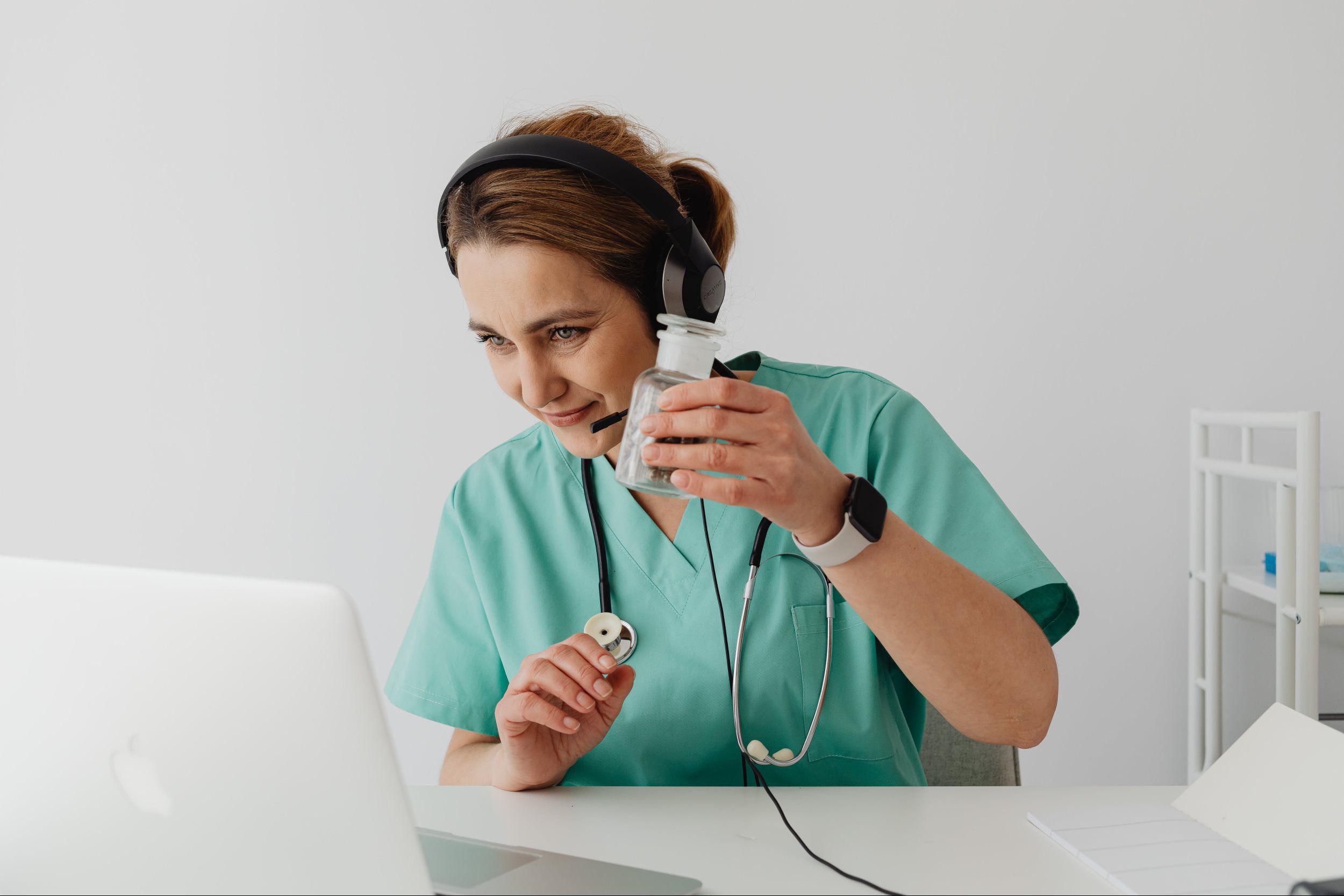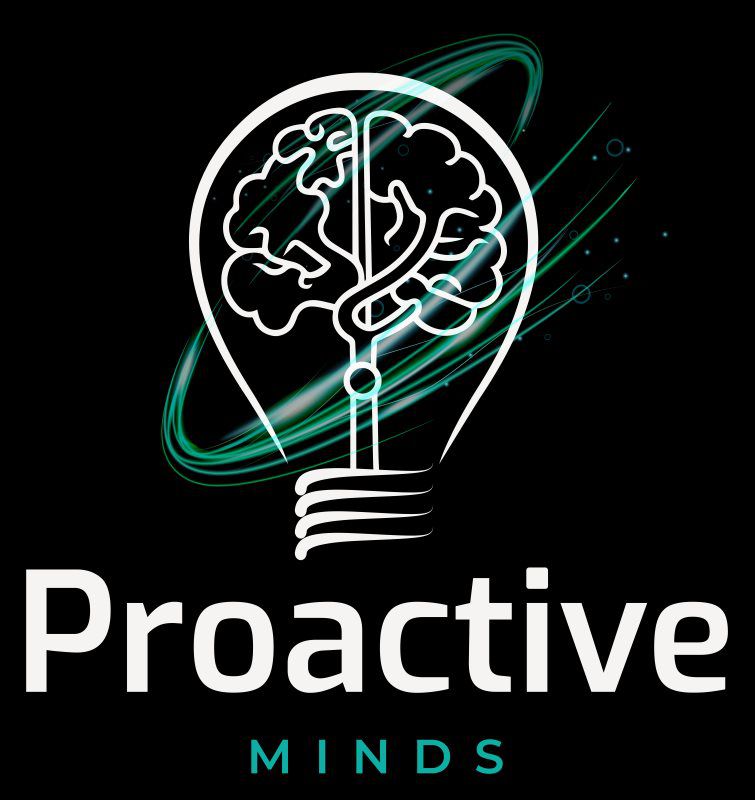Medication Management
A psychiatrist or mental health nurse practitioner can work with you to decide if medication is the right option for you and get the right prescription to your pharmacy.
Understanding Medication Management
While medication is not right for everyone, many patients do find success with prescription medication. For some of these individuals, medication is necessary only in the short term. Other patients may need long-term medication to treat chronic mental health issues. Whether taking medication for acute or chronic issues, every patient needs to engage in medication management to ensure the safety and efficacy of their prescription medication. Effective medication management is a crucial part of mental health care.
Medication management for mental health is very different than medication management for physical ailments. A patient who needs an antibiotic for an infection, for example, only needs to follow up if symptoms persist. For psychiatric patients, however, consulting with their doctor about their medications is an ongoing process. Doctors typically prescribe medications in recommended dosages that have worked for the majority of patients. The patient begins treatment, then returns to discuss the results with the doctor. The psychiatrist may then make adjustments to the dosage or even switch medications, if necessary.
Bodies adjust to medications over time and disorders can evolve, as well. Because of this, medication management should continue in the long term. Psychiatrists pay special attention to medications that have a high risk of leading to addiction.
How to Get Medication Via Telehealth
Patients who are unable to get into Proactive Minds offices can still receive prescriptions and manage their medication thanks to Telepsychiatry. An important branch of Telehealth, Telepsychiatry allows your psychiatrist to consult with you and prescribe medications remotely via the internet. All that is required is an internet-connected device and a private space from which to conduct your session.
Consultations take place online via a teleconferencing interface and software provided by Proactive Minds. Our Telepsychiatry sessions are designed to ensure and protect patient privacy, and they deliver all of the benefits of our in-office sessions.
What Do Psychiatric Medications Treat?
Some mental health disorders are best treated by therapy, while others are effectively treated through therapy and medication. More often than not, the most successful interventions combine the two. For example, a patient receiving exposure therapy for OCD may need medication to ameliorate their symptoms as they practice techniques learned in therapy.
In some cases, medication is the core treatment and therapy the secondary intervention. Those with a chemical imbalance, for example, may need medication to stabilize the mind and then use therapy to help them heal.
Management in Child and Teen Psychiatry
Medication management in child and teen psychiatry is of paramount importance as it plays a crucial role in addressing mental health conditions and supporting the well-being of young individuals. It allows for targeted interventions when psychotherapy and behavioral strategies alone may not be sufficient. The careful and informed use of medications, guided by comprehensive assessments and precise diagnoses, helps alleviate symptoms, improve functioning, and enhance the overall quality of life for children and teenagers facing mental health challenges. Importantly, medication management is part of a holistic treatment approach that includes ongoing monitoring, collaboration with other healthcare providers, and active involvement of parents and caregivers. By tailoring treatment plans to individual needs and closely considering the potential risks and benefits, medication management contributes significantly to fostering the mental health and development of children and teens, ensuring they have the support they need to thrive.
The Benefits of Medication Management
Medication management in mental health care offers a range of benefits, particularly in child and teen psychiatry. It provides a targeted and effective approach to alleviating symptoms associated with various mental health conditions, promoting improved emotional well-being and daily functioning. By carefully selecting and administering medications based on comprehensive assessments and precise diagnoses, medication management offers a valuable tool to address the unique needs of each individual. The benefits include symptom reduction, enhanced mood stability, improved concentration, and increased resilience in the face of mental health challenges.
By carefully selecting and administering medications based on comprehensive assessments and precise diagnoses, medication management offers a valuable tool to address the unique needs of each individual. The benefits include symptom reduction, enhanced mood stability, improved concentration, and increased resilience in the face of mental health challenges.
Additionally, medication management can contribute to the success of concurrent psychotherapeutic interventions, facilitating a more comprehensive and integrated treatment approach. Regular monitoring, adjustments, and collaborative decision-making ensure a tailored and responsive strategy, promoting the healthy development and overall mental well-being of children and teens.
The Myths of Medication Management
Contrary to a common misconception, psychiatric medications are not reserved for extreme cases but are rather prevalent and widely used. Approximately one in six adults in the U.S. relies on psychiatric medications to manage mental health conditions. It is essential to dispel the notion that individuals choosing these medications are outliers or peculiar; in reality, they are part of a substantial and diverse group seeking support for their mental well-being.
Addressing another myth, psychiatric medications do not render patients numb or catatonic. While side effects do exist, they vary significantly from person to person. It's crucial to emphasize that effective medication management, guided by healthcare professionals, plays a pivotal role in minimizing the risks of adverse side effects and addiction. By tailoring medication regimens to individual needs, closely monitoring their impact, and fostering open communication between patients and healthcare providers, the field of psychiatric medication management aims to enhance the overall quality of life for those seeking mental health support.
Common Psychiatric Medications
Psychiatric medication came into use at the end of the 19th century as an alternative to traditional restraint methods used to control patients. Psychiatric medications have evolved since these early days. Today, mental health professionals have multiple options that can treat a wide range of disorders.
Antidepressants
Antidepressants are the most widely used medication in psychiatry. As their name indicates, these medications work to combat the symptoms of depression. These medications can be useful for patients with other disorders, as well, including anxiety disorders or ADHD. Common antidepressants include:
Venlafaxine (Effexor)
Duloxetine (Cymbalta)
Fluoxetine (Prozac)
Citalopram (Celexa)
Anti-Anxiety Medicines
Common anti-anxiety medications, including Lorazepam, Clonazepam, and Buspirone, help patients with everything from generalized anxiety to panic attacks. They can be used for acute conditions, working quickly, or for chronic management of long-term conditions, as well.
Antipsychotics
Antipsychotics work for many disorders, including PTSD, severe depression, Generalized Anxiety Disorder, and OCD. Various antipsychotics include:
Ziprasidone (Geodon)
Aripiprazole (Abilify)
Lurasidone (Latuda)
Stimulants
Working much like coffee does but on a larger scale, stimulants help patients with disorders as diverse as ADHD and binge eating disorder. Common stimulants used in psychiatry include:
Adderall
Methylphenidate
Lisdexamfetamine
Dextroamphetamine
Help With Psychiatric Medication Management
Psychiatric medications take careful medication management in which the patient and psychiatrist ensure that the medication is working effectively and safely. It is very important that patients adhere to all dosages and guidelines established by their doctor.
If a patient self doses, takes too much of a medication, or consumes a medication that has not been prescribed to them, it can be very dangerous. Safety should be the first priority when taking medication.
Bodies can adjust to medications over time, so it is important to continue medication management as long as you are on a medication to make sure that it continues working effectively for you. This process is especially crucial when you begin a new medication. You and your mental health professional should watch for side effect, as each medication affects each patient in different ways.





